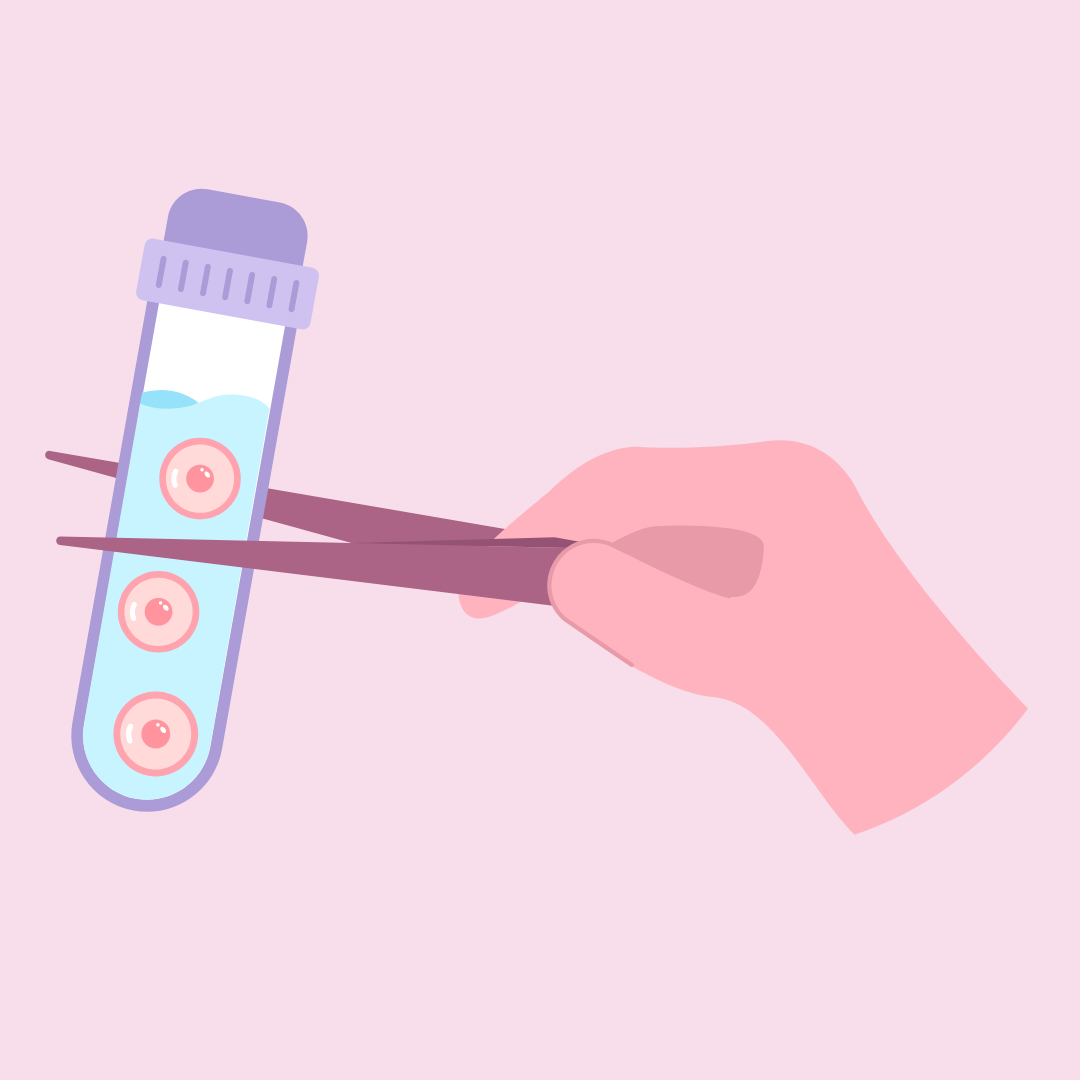Aggregated News

For women in the US seeking fertility treatment or considering donating their eggs, there’s a fair amount of information they can find about any given clinic or hospital. They might look for data on how many egg retrievals the clinic has done or the ages of its patients. Many times they’ll want to know how often treatment resulted in the birth of a baby.
But one thing they won’t be able to find out is how often the procedure has gone wrong. That’s because while the Centers for Disease Control and Prevention discloses “success rates,” it keeps information about health complications under lock and key.
The data gap is particularly troubling at a time when fertility treatment is increasingly relying on eggs from donors. As egg-freezing technology has advanced, the number of in vitro fertilization cycles using donor eggs has grown more than 170% since 2000, catapulting the egg-banking and donation sector into a $2 billion business in the US, according to investment firm Harris Williams. In December, Bloomberg Businessweek chronicled how a burgeoning global market for human eggs can lead...



